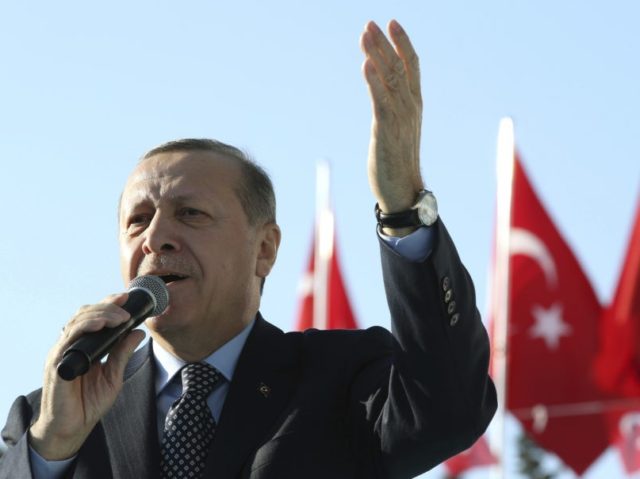Turkey has called Iran’s outrage over its foreign minister’s warnings that Tehran is seeking to establish Shiite states in Iraq and Syria “incomprehensible,” as Ankara attempts to mend an alliance centered on fighting the Islamic State.
Iran summoned Turkey’s ambassador on Monday after Foreign Minister Mevlut Cavusoglu spoke at the Munich Security Conference over the weekend and warned that Iran posed a threat to stability in the region. “Iran wants to make Syria and Iraq Shiite,” Cavusoglu told the audience. “Turkey firmly opposes any division, whether religious or sectarian.”
Iran’s Foreign Minister, Bahram Qassemi, responded by warning Turkey not to “test Iran’s patience.” “We hope that such statements are not made again. If our Turkish friends continue with this attitude we will not remain silent,” he added. Iran then summoned the Turkish ambassador. He also chastised Turkey for pursuing “immature dreams about rebuilding an empire” and “supporting terrorist groups,” without specifying any groups in particular or providing evidence.
The Turkish Presidential office appears to be taking a less combative tone with Iran. “Iran is an important neighbor to us. We have always been in dialogue with Iran,” spokesman İbrahim Kalın said on Wednesday in response to questions about the recent tension. ” Kalın was quick to note, however, that Turkey would not “ignore Iran’s efforts in penetrating the region.”
Little more than two months ago, Iran and Turkey appeared to be working on a cooperative agreement to help rid Syria of the Islamic State. After mending fences with Russia, Russian officials welcomed Turkey into the fold of an Iranian-Russian-Assad alliance, despite Erdogan’s open admission that Turkey had sent troops into Syria to “end the rule of the tyrant Assad,” not fight the Islamic State. While Turkish officials still appear satisfied with their cooperation with Russia, the relationship with Iran has worsened, suggesting little further cooperation in peace talks in Syria.
Turkey has historically been an ally of both the United States — as a fellow NATO member country — and Saudi Arabia, Iran’s longtime regional rival. Erdogan completed a visit to Riyadh in mid-February where he reportedly discussed, among other things, the Syrian civil war.

COMMENTS
Please let us know if you're having issues with commenting.